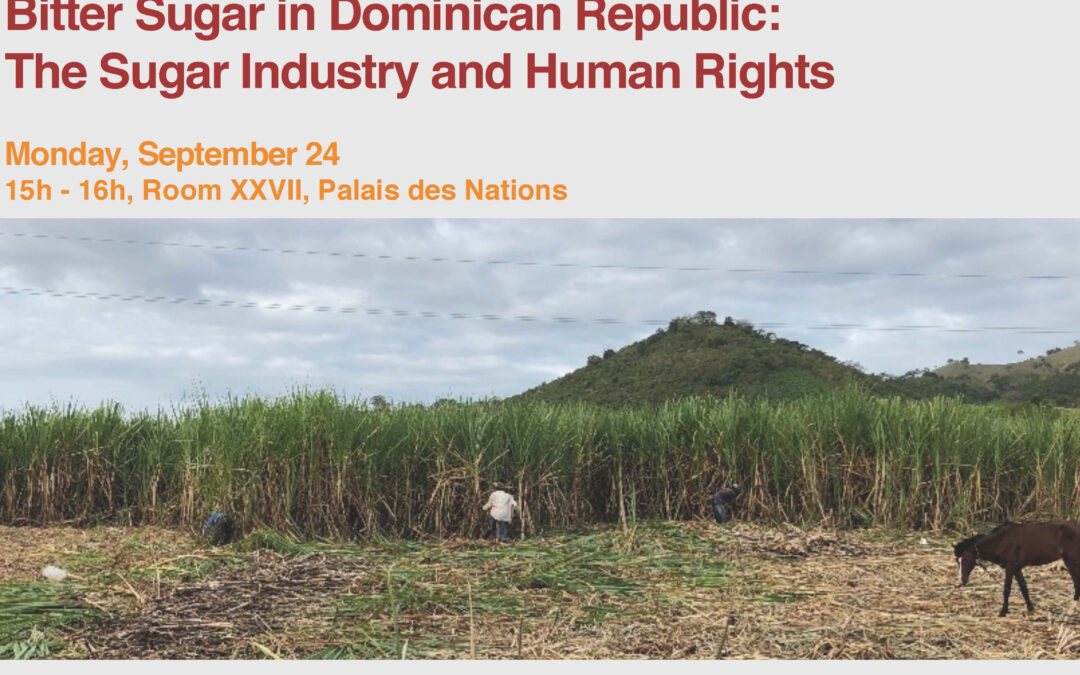
Sep 19, 2018 | Events, News
The ICJ will host the side event, “Bitter Sugar in Dominican Republic: The Sugar Industry and Human Rights” on Monday, 24 September 2018 from 15:00-16:00, Room XXVII, at the Palais de Nations in Geneva.
Together with tourism, sugar production is one of the major industries and one of the biggest sources of employment in the Dominican Republic.
This small Caribbean State remains one of the world’s top sugar suppliers to the USA.
While sugar production and export in the Dominican Republic is a major source of income for the country, the adverse impacts of its production are various.
Destruction of the environment, reduced access to land for local communities, forced evictions and precarious working conditions in sugarcane plantations are unfortunately a reality in many regions of this Caribbean State.
Whilst the Dominican Republic has shown in past years a preparedness to abide by and implement international standards on matters related to business and human rights, the country continues to face many challenges and evidence of human rights violations on the ground still portrays a complicated reality.
Two recent examples involving the sugar cane industry illustrate ongoing concern about human rights abuses in the Dominican Republic.
In 2016, armed agents of one of the largest sugar producers in the country, Central Romana Corporation, forcibly evicted from their homes more than 60 families during the night.
No alternative accommodation or reparations have been provided to the victims to redress the destruction of their homes and the trauma caused by the violence of the evictions.
In 2017, the Vicini Group, the second main sugar producing company in the country, used the pesticide Glyphosate in such a way that many were in danger of death and that it destroyed the crops of peasant farmers and workers.
To date, the human rights violations in both cases continue to be unpunished.
There is a growing international concern that the sugar cane industry in the Dominican Republic is somehow able to act with impunity when it comes to human rights violations.
Bearing in mind the upcoming Universal Periodic Review of Dominican Republic, in which all UN Member States will examine the human rights situation in the country, this side event is aimed at informing and shedding light on this little known reality in the Dominican Republic as well as to brief State delegations about the importance of addressing this issue in their review of the Dominican Republic.
The event will also provide a space for constructive dialogue among various actors, including the Government of the Dominican Republic.
Panelists:
– Carlos Lopez, Senior Legal Adviser, International Commission of Jurists
– Fr. Damián Calvo Martin OP, Director, Centro de Teología Santo Domingo de Guzman
– María Magdalena Álvarez Gálvez, victim of forced evictions by Central Romana Corp.
Moderator: Rory Gogarty, High Court of England and Wales
Interpretation: Will be provided from English to Spanish and Spanish to English
Dominican Republic Sugar Industry Side Event Flyer 24 Sept. (flyer of the event in pdf)
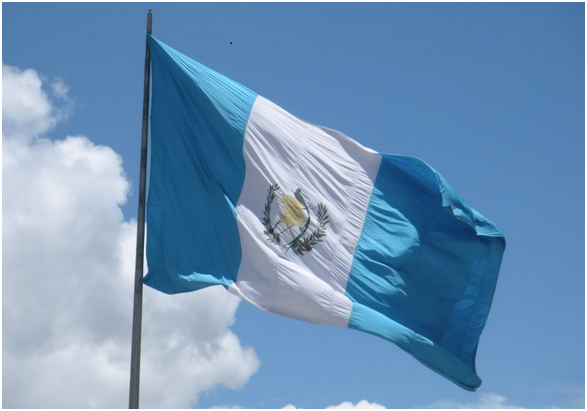
Sep 17, 2018 | News
On 16 September, the Constitutional Court made public its decision to order that the Commissioner of the International Commission against Impunity (CICIG) Iván Velásquez be permitted to re-enter the country.
For more than a decade, the UN-backed CICIG has helped investigate high-profile officials for corruption.
Under the tenure of head commissioner Ivan Velasquez, the CICIG has helped Guatemalan prosecutors investigate and prosecute many high-level politicians, judges and government officials, including former president Otto Perez Molina and members of his cabinet.
Elected in 2015, current President Jimmy Morales initially supported the CICIG but he himself and other family members have become subjects of investigations into illegal campaign financing. They deny all charges.
President Morales declared on 31 August that he would not renew the mandate of the CICIG which is due to expire in September 2019 and then proceeded to ban Commissioner Velasquez from re-entering the country.
This decision sparked a number of protests including legal challenges in the Constitutional Court.
“The decision by the Constitutional Court should permit the CICIG to continue its work. It removes one of the greatest obstacles, imposed by order of Guatemalan President Jimmy Morales himself, to the fulfilment of Guatemala’s international obligations, as enshrined in the International Accord on Human Rights which created the Commission,” said Ramon Cadena, ICJ Director for Central America.
With respect to the amparo lawsuits which sought an injunction to reverse the the decision of the President Morales not to renew the mandate of the CICIG, the Constitutional Court declined to order provisional measures and therefore these legal proceedings will continue until they are determined in court.
“The ICJ urges the Constitutional Court to respect the legal time limits and to make a final decision on the lawsuit, in compliance with international human rights law and standards.
If the mandate of the CICIG were not renewed, it would seriously affect access to justice and constitute a major obstacle to the fulfilment of Guatemala’s international obligation to combat impunity,” Ramon Cadena added.
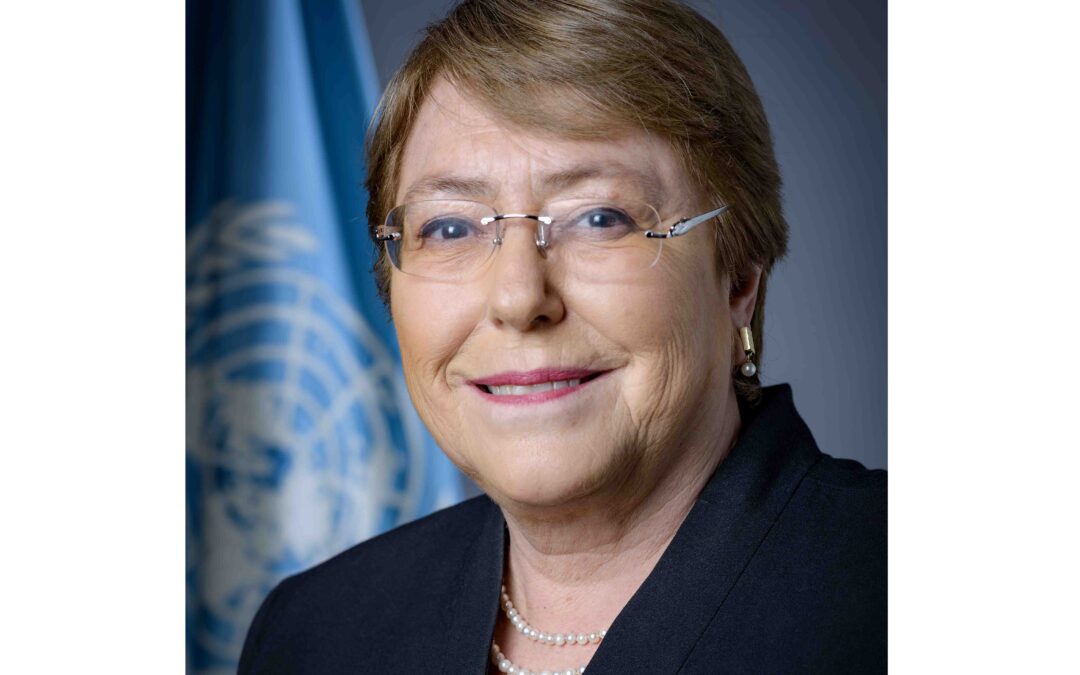
Sep 14, 2018 | News
On 14 September 2018, the ICJ joined 67 other international and Guatemalan civil society organizations in a letter to the High Commissioner for Human Rights, Michelle Bachelet, to express grave concern about recent developments to curtail anti-impunity efforts in the country.
These include President Jimmy Morales’ decision on 31 August 2018 not to extend the mandate of the International Commission against Impunity in Guatemala (CICIG); the Guatemalan authorities’ subsequent decision on 4 September 2018 to prohibit the re-entry into the country of the CICIG’s Commissioner Iván Velásquez; and judicial reforms adopted by Congress on 6 September 2018 that threaten to undermine the independence of the judiciary and the function of the Constitutional Court judges and the office of the Human Rights Ombudsman.
The signatories welcomed the High Commissioner’s critical reference of these developments in her opening remarks to the 39th session of the Human Rights Council.
They asked that the High Commissioner give continued support in the fight against corruption and impunity in Guatemala and called on her to press the Guatemalan authorities to adopt necessary measures to facilitate compliance with the mandate of the CICIG under the terms of the Agreement signed between Guatemala and the United Nations.
The letter is available here (in Spanish): Guatemala-Letter to Michelle Bachelet-News-2018-SPA
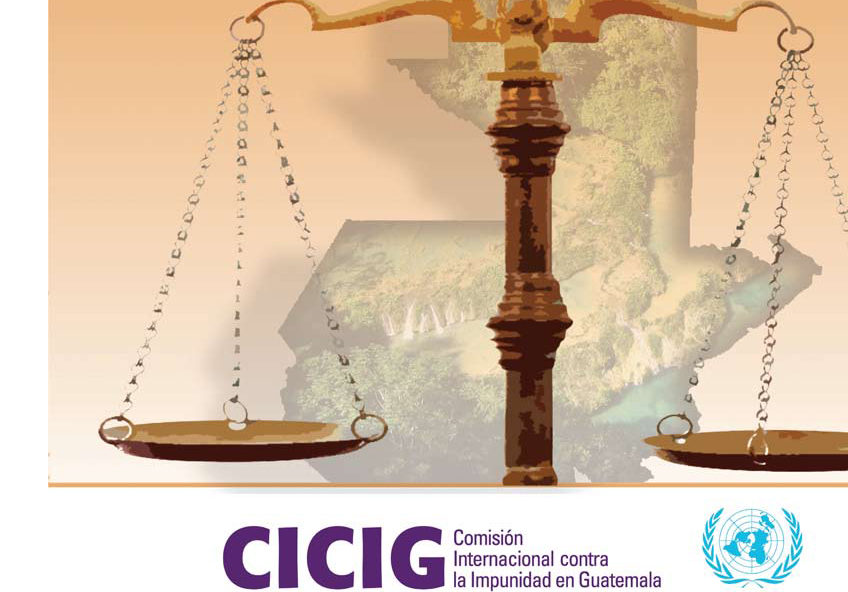
Sep 5, 2018 | News
The ICJ today signed a joint statement with other international organizations based in Europe that cooperate on Guatemala condemning the decision of Jimmy Morales not to renew the mandate of the International Commission against Impunity in Guatemala (CICIG).
The statement also repudiates the subsequent decision by President Morales to bar the CICIG Commissioner Iván Velásquez from returning back to the country.
The CICIG has made a significant contribution to the work of the Public Prosecutor’s Office, the strengthening of the rule of law and the fight against corruption networks.
The statement expresses grave concern that on 31 August 2018 the government used tanks and heavily armed policemen to intimidate CICIG personnel as well as Guatemalan citizens, while announcing the decision not to renew the mandate of the CICIG. “The image of President Jimmy Morales surrounded by the military and police at the press conference evokes the memory of the coup d’état and the military dictatorships during the dark years of the internal armed conflict,” the statement adds.
The organisations signing the statement call on the European Union and its Member States to demand that the state of Guatemala complies with its international obligations and guarantees the necessary conditions for Commissioner Iván Velásquez and the CICIG to continue their work safely and independently.
The full statement is available here: Guatemala-Statement on decision about CICIG and Velasquez-News-2018-ENG
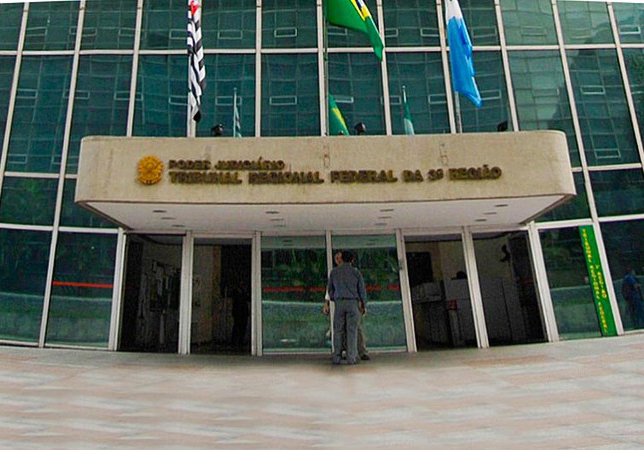
Aug 23, 2018 | News
The Regional Federal Tribunal (TRF-3), in a watershed judgment, ruled that prescription or statute of limitations was not applicable to claims of reparation by a victim of torture during the military regime in the 1970s. The Court accepted the arguments of ICJ Commissioner Belisário dos Santos Jr.
The hearing in the lawsuit against the Union and the State of São Paulo took place on Wednesday 22, after the case had been dismissed by the court first instance.
Belisário dos Santos Jr., Executive Committee Member of the ICJ, argued the case for the victim at the invitation of the Juridical Department of CA XI.
He noted: “On the one hand there could be no statute of limitation on torture claims, while on the other hand the the application of the statute of limitations which adopted by Decree 20.910 / 32 had to be considered.”
The lawsuit, which began in 2012, alleges political persecution and torture that took place beginning 1971 .
Belisário dos Santos Jr. argued that the rationale for the law and jurisprudence affirming the inapplicability of statute of limitation lies in the seriousness of the violation of torture, which had been committed on a widespread and systematic basis by order or with the knowledge of high-level State authorities in Brazil at the time.
“The obligation to provide reparation under the UN Convention against Torture could not be superseded by provisions of the domestic law of a State. In addition, the obligation to provide a remedy and reparation is a legal duty of the State which must not depend on the conduct or activity of the victims. For these reasons, the case could not have the same treatment of other lawsuits against the Public Treasury,” he said.
Belisário dos Santos Jr. also pointed out that, pursuant to article 14 of the UN Convention against Torture, which was ratified by Brazil in 1991, “the reparation must be fair and adequate, as recognized by the jurisprudence of the Supreme Court of Justice and TRF 3, itself in accordance with international human rights law and jurisprudence. ”
The TRF-3 decided by 3-2 majority that the statute of limitation was inapplicable and, unanimously, granted the appeal on merit, allowing the lawsuit to proceed.









